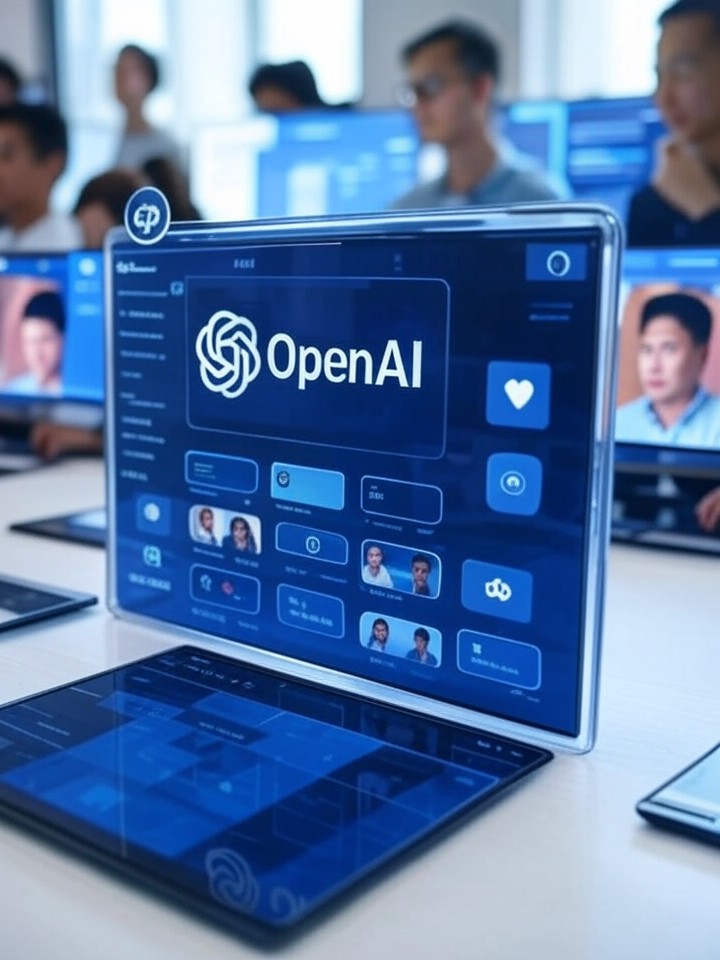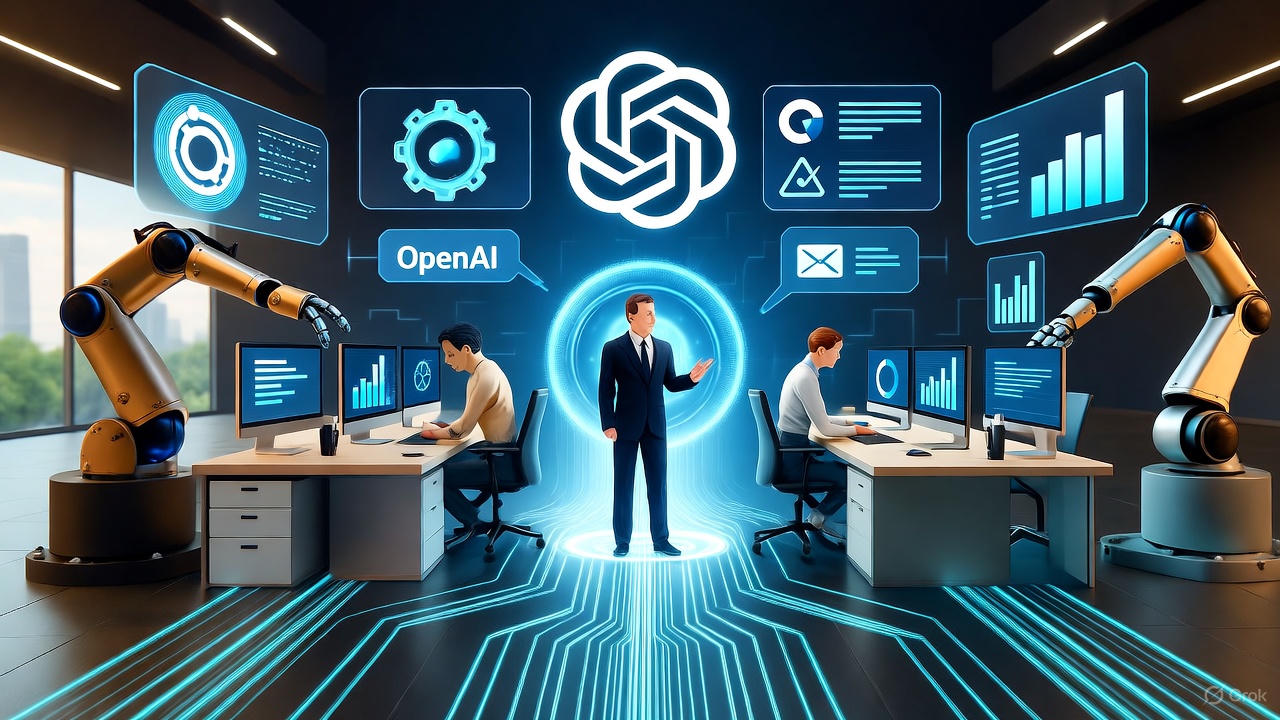How to Use OpenAI Tools for Smarter Business Automation
In today’s fast-paced business environment, leveraging technology for automation is no longer a luxury but a necessity. With the advent of artificial intelligence, companies are now able to streamline processes and enhance productivity like never before. One of the leading names in this realm is OpenAI, known for their cutting-edge tools designed to automate and innovate. This article explores how to use OpenAI tools for smarter business automation, ensuring your operations are both efficient and competitive.
The Power of OpenAI in Business Automation
OpenAI has become synonymous with advanced AI capabilities, offering tools that have revolutionized numerous business functions. By integrating these tools, companies can automate tedious tasks, enhance decision-making, and improve customer interactions.
From deploying chatbots for customer service to using AI models for data analysis, OpenAI provides diverse solutions tailored to business needs. Here, we delve into specific ways businesses can harness these tools to transform operations.
Understanding OpenAI’s Core Tools
Before diving into automation strategies, it’s essential to understand the core tools available from OpenAI:
- GPT (Generative Pre-trained Transformer): This language model generates human-like text, allowing businesses to automate content creation, customer support, and more.
- Codex: Built on GPT-3, Codex translates natural language into code, facilitating software development and technical support automation.
- DALL-E: This creativity tool generates images from textual descriptions, aiding in marketing and design processes.
Strategies for Automating Business Processes with OpenAI
1. Automating Customer Support
One of the most significant uses of OpenAI tools is in customer support. GPT-based chatbots can handle customer inquiries, resolve issues, and provide information 24/7. This not only enhances customer satisfaction but also reduces the burden on human agents.
For example, a company can deploy a GPT-3 powered chatbot on its website that answers frequently asked questions, books appointments, or processes returns, improving efficiency and customer experience.
2. Enhancing Marketing and Content Creation
OpenAI’s tools also play a pivotal role in marketing automation. GPT-3 can generate personalized email campaigns, social media posts, and even full-length articles, saving time and ensuring consistency in messaging.
Imagine a marketing team using GPT-3 to draft product descriptions or ad copy tailored to different demographics. This not only speeds up content production but also enables more targeted and effective marketing strategies.
3. Streamlining Administrative Tasks
Administrative tasks, often mundane, can be significantly eased with AI. Tools like GPT or Codex can automate scheduling, data entry, and even process documentation, freeing up employees to focus on value-driven tasks.
By automating tasks such as meeting coordination or customer data updates, businesses can increase operational efficiency and reduce the likelihood of human error.
Implementing OpenAI Tools: Best Practices
Assessing Business Needs and Suitability
Before implementing AI tools, businesses should assess their specific needs and goals. Define what processes you aim to automate and how AI can facilitate those objectives. This ensures a targeted and effective implementation.
Training and Integration
Successful AI integration requires employee training. Workers should understand the capabilities and limitations of OpenAI tools to leverage them effectively. Additionally, integrating these tools within existing systems should be seamless to maximize benefits.
Ensuring Ethical AI Use
As AI becomes more integral to operations, businesses must address ethical considerations. It’s vital to use AI tools responsibly, ensuring transparency and fairness in processes augmented by these technologies.
Conclusion: Embracing the Future of Automation
The use of OpenAI tools for smarter business automation is reshaping the landscape of industries worldwide. By automating routine tasks, enhancing decision-making, and delivering exceptional customer experiences, these tools empower businesses to lead in their sectors.
As AI continues to evolve, its integration within business operations offers unparalleled opportunities for innovation and growth. Firms that adopt and adapt these technologies stand to gain a competitive edge, driving success in the digital era.











